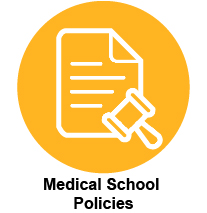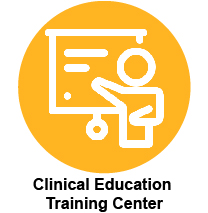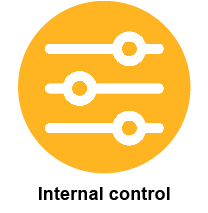School of Medicine
Contac Info
- Tel: +886-7-3121101 ext.2137/2336 #415/413/416
- Fax: +886-7-3218309
- E-Mail: inting@kmu.edu.tw, ytpan@kmu.edu.tw, shihmei@kmu.edu.tw
- WebSite: http://smed.kmu.edu.tw/index.php/en-GB/
Introduction
The School of Medicine, founded in 1954, was the first school to be established at Kaohsiung Medical University (KMU). It has the highest enrollment and the largest number of graduates at KMU providing services to many hospitals in Taiwan and overseas. The School of Medicine offers a Doctor of Medicine degree.
In our curriculum, we developed a new “block” system that will revolutionize medical education. Courses are taught in an order according to the major human organ systems. The goal is to provide a synergistic integration of basic science and clinical practice perspectives for innovative and realistic solutions to relevant infectious disease problems in human medicine.
The clinical skills program is created to provide medical students with a formal program designed to assist and guide them as they acquire the skills required to practice medicine. In order to provide a excellent environment ,KMU has established the Clinical Skill Learning Center. It is comprised of several skills rooms that have been created to provide students with a dedicated space in which they can practice physical exam on each other. These rooms are also used for interview and communication skills practice utilizing standardized patients. The clinical rooms have a wide range of models and simulators available for teaching sessions. Students are allowed to go to practice to enhance their communication skills and basic clinical abilities.
Aims and perspectives
The school of medicine aims to educate and train physicians that “care for their homeland, serve society, and contribute to the world”. Graduates should have a humanistic quality, rich medical knowledge, strong medical ethics, and empathy for others, and an active attitude of lifelong learning in order to become medical workers with a scientific spirit, proficiency in basic therapy, and good communication skills.
Distinguishing features of the Department
- To integrate basic with clinical medicine. Based on organ system lectures and problem-based learning(PBL), team-based learning(TBL), students are educated and trained to have an independent thinking with active learning skills.
- To promote online video and interactive teaching.
Academic programs
- Courses combining the organ system could make medical education more integrated and complete to enhance medical students’ learning effectiveness unlike traditional courses that separate basic and from clinical courses.
- General and medical ethics courses include subjects such as local humanities and arts. Leaders in medicine, experts, and scholars in various areas in society are invited to deliver speeches to cultivate excellent medical personnel who provide human-oriented medical services, care for life, and have global perspectives.










